Digitalisation has become a cultural, intellectual, scholastic, pecuniary and political imperative and raises many issues for our consideration. We are living in such a dynamic and unpredictable world, where nothing is constant. Espousal of latest technologies and innovations is now the vital factor for everyone to achieve growth in less time. With the changes in the life style of people, their professional life is also greatly influenced by digital technologies and innovations. The digitalization is being considered as the third industrial revolution. Digital and innovative makeover is now the thirst of every economy. On the one side where digitalization provides many opportunities for growth and development, on the other side it also comes with numerous challenges and risks. That is why it is very important to take deep research on it for avoidance of any contingency.
The entire paradigm of digital government, and making the services seamless, easily accessible, improving the life style and doing business, will yield results in the time to come. ‘Digital India’ eases access to services for millions while upgrading India’s digital profile. Digitalisation has transformed India’s governance model. Digitalisation and innovation have also played an imperative role in balancing economic growth during pandemic. Since then, businesses are looking forward to new and unique ways of cost cutting and business growth. Educational field that has adaptability and dynamisms as its core characteristics, always thrives to include digitalisation and innovation in the teaching-learning pedagogy. Digital modes of delivering financial benefits and services have truly transformed both financial ecosystem and government mechanism.
The main aim of this book is to discuss the emerging concepts of innovation and digitalisation in Industry, Management, Education and Society. The buoyancy around digitalisation indicates that this decade is going to enhance India’s capabilities in digital technology and its share in the global digital economy. The rapid digitalisation catalysed by COVID-19 presents the opportunity to rethink how we make decisions and how we apply technology in new and meaningful ways. Immense opportunity exists for society to capture the value of data to drive more sustainable solutions. Nonetheless, it is imperative that the digital transformations of today must be purpose-led, delivering for all stakeholders.
The book seeks to address and answer some of the big questions of digitisation. There are 81 contributors in the book, all experts in their fields. The areas covered in the book include Finance wherein researchers have contributed papers on Crypto Currency, Block Chain Technology, Fin-tech, Banking 4.0, Financial Reengineering, Digitalisation of financial market, International Financial Economics, Digitalisation and Financial Crisis, International Financial Markets and Innovation in Behavioural Finance. The Marketing domain covers areas like Omni Channel Retailing and Marketing Strategies, Role of Digital Content in Customer Attraction and Retention, Digital Marketing, Social Media Influencers, Role of AR and AI in Sales and Marketing, Sales Analytics, Digitalisation and Consumption Patterns among others. The arena of Analytics encompasses Learning Analytics, Social Analytics, Financial analytics, Predictive Analytics, Applied Econometrics and Forecasting. Human resources area talks about Innovations in the field of Personnel Outsourcing, Applications of HR Analytics, Role of Digitalisation in Employee Retention and Motivation, Artificial Intelligence in the Field of HR, Digital Cultural Transformation and so on. Furthermore, the areas like Entrepreneurship focusses upon Role of Digitalisation and Innovation in Business and Society, Digital Transformation in Organization and Industry, Emerging Green Technology in Business, Business Model and Process Transformation, etc. The arena of Education includes areas such as Artificial Intelligence in Teaching and Learning, Digitalization in the Field of education, Innovation in Teaching-Learning Pedagogy and so on. Digital Marketing area incorporates Conversational Marketing, Influencer Marketing, Role of SEO in Marketing, Omni-Channel Tracking among others. Logistics and Supply chain Management (SCM) sphere covers areas like AI Applications in SCM, Sustainable/Green Supply Chain, Hinterland Supply Chain Operations, Predictive Analytics among others.
Hopefully, the book will become a source of inspiration for further research, giving rise to some more effective ways to integrate multiple dimensions of the digital transformation roadmap.

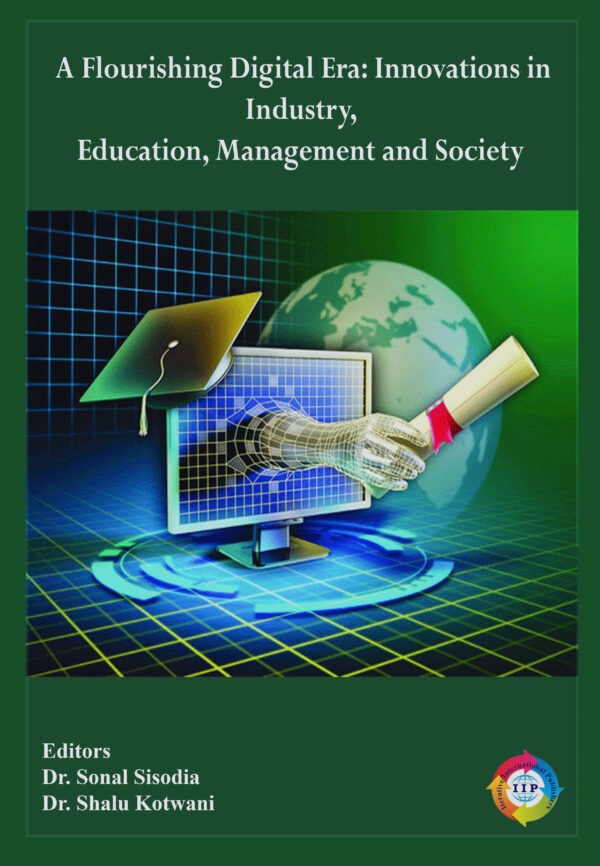

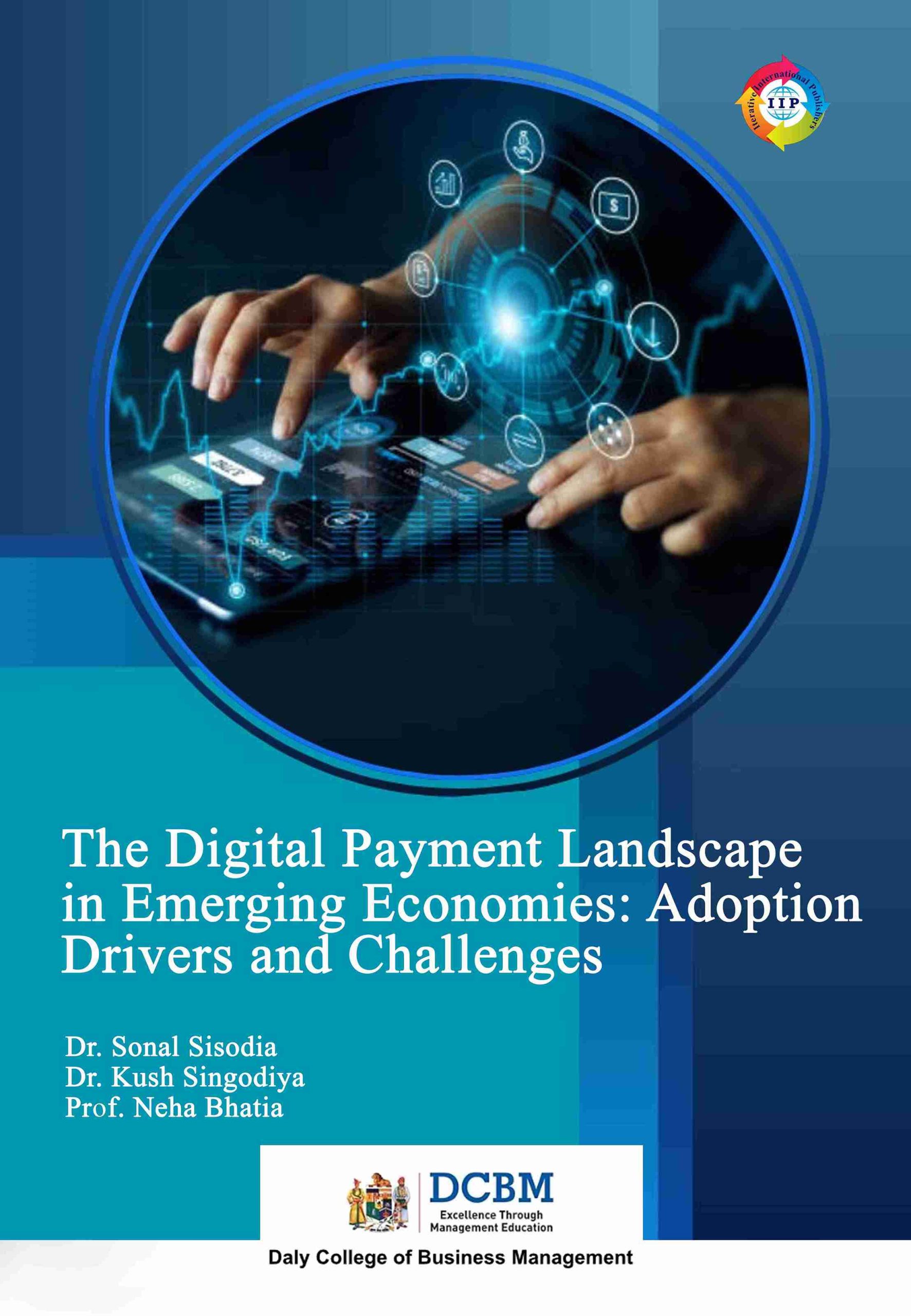
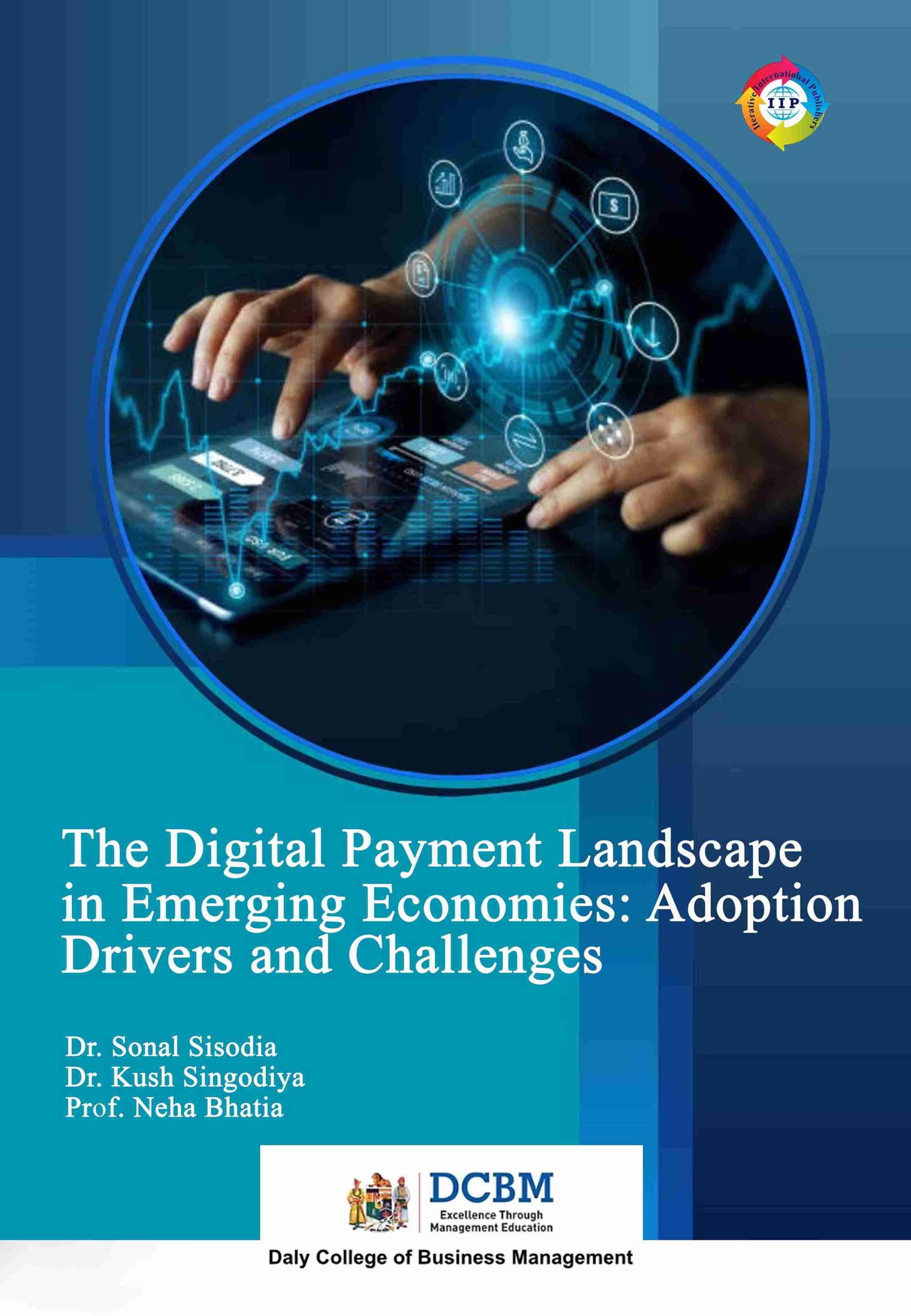
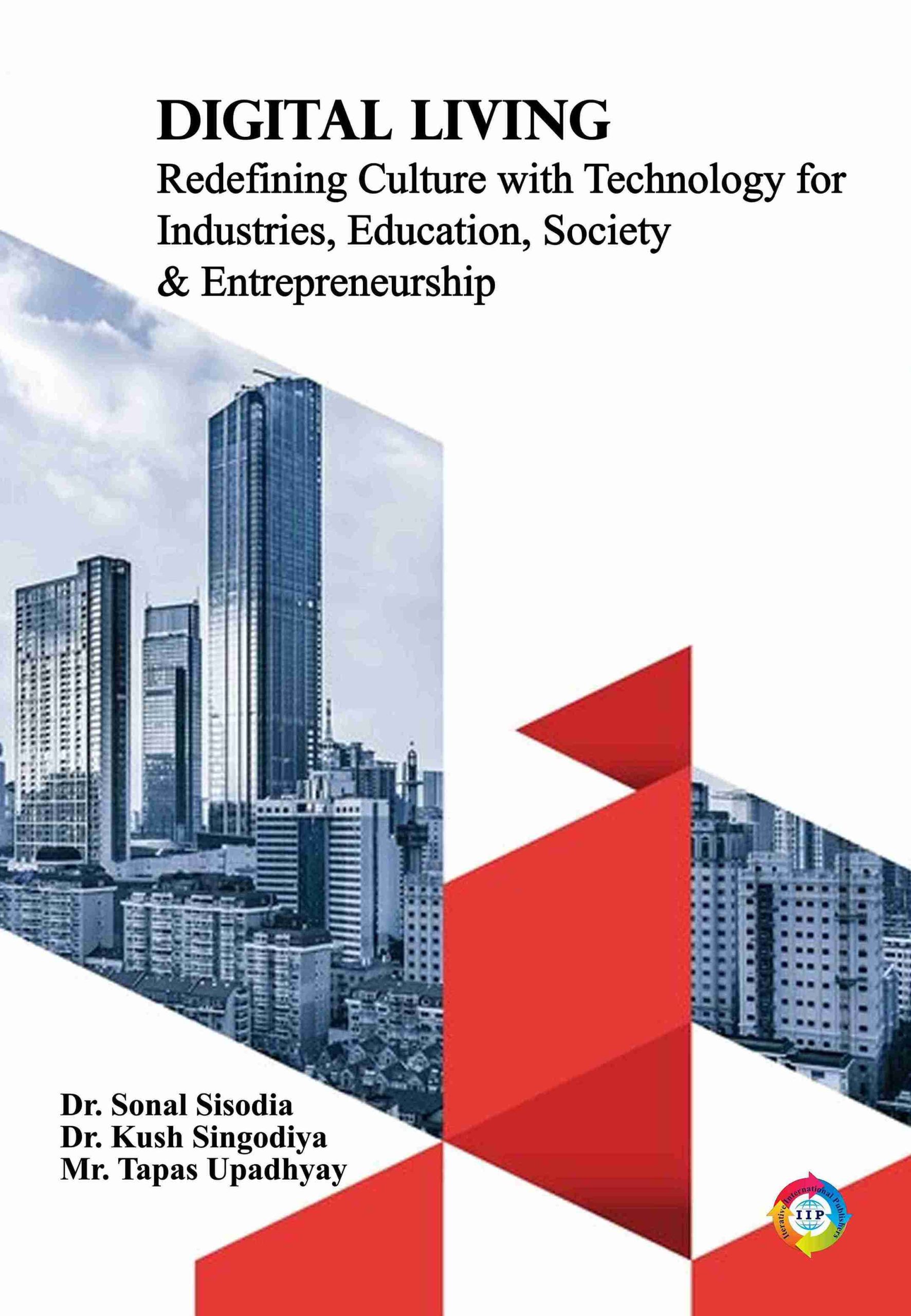
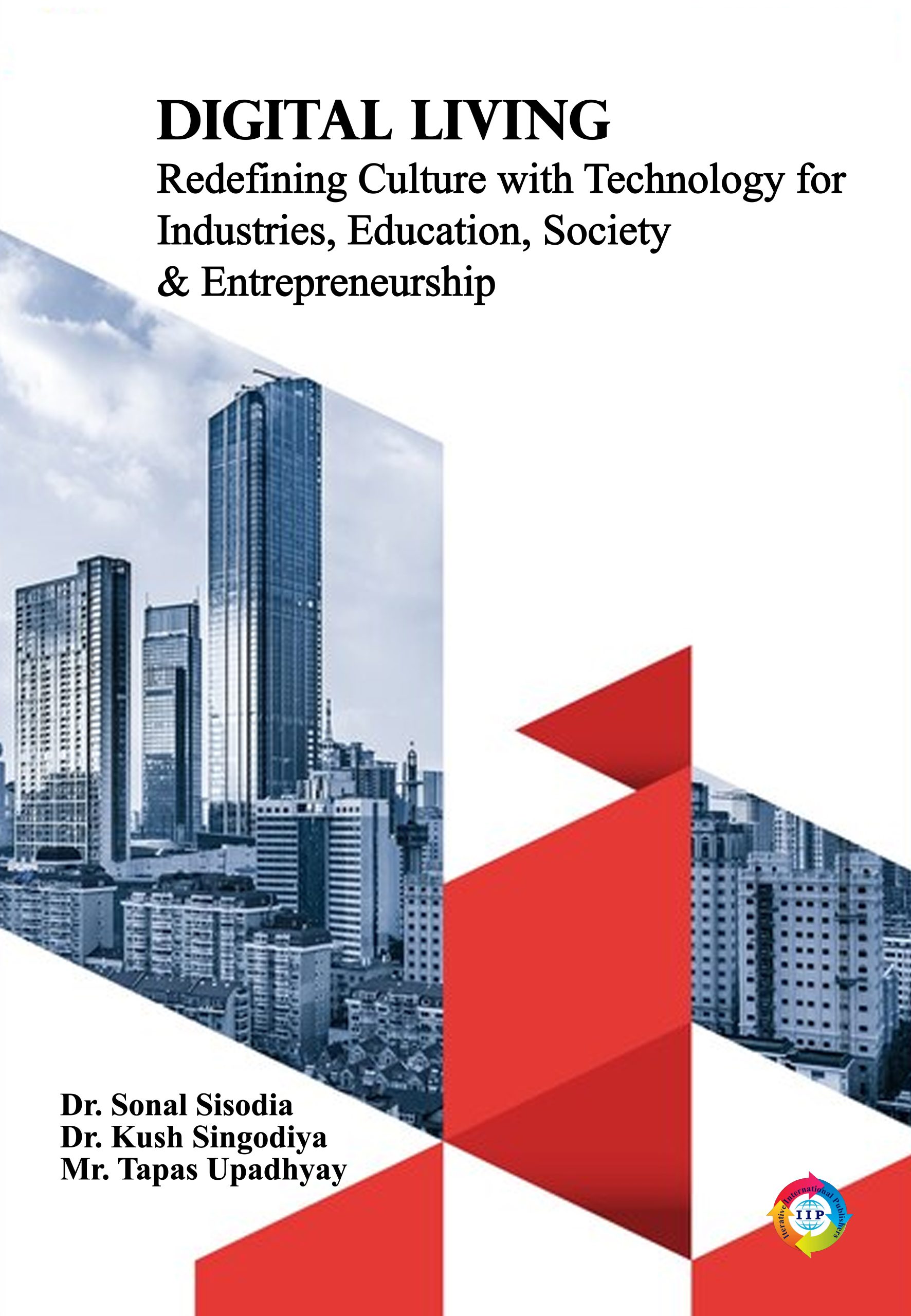
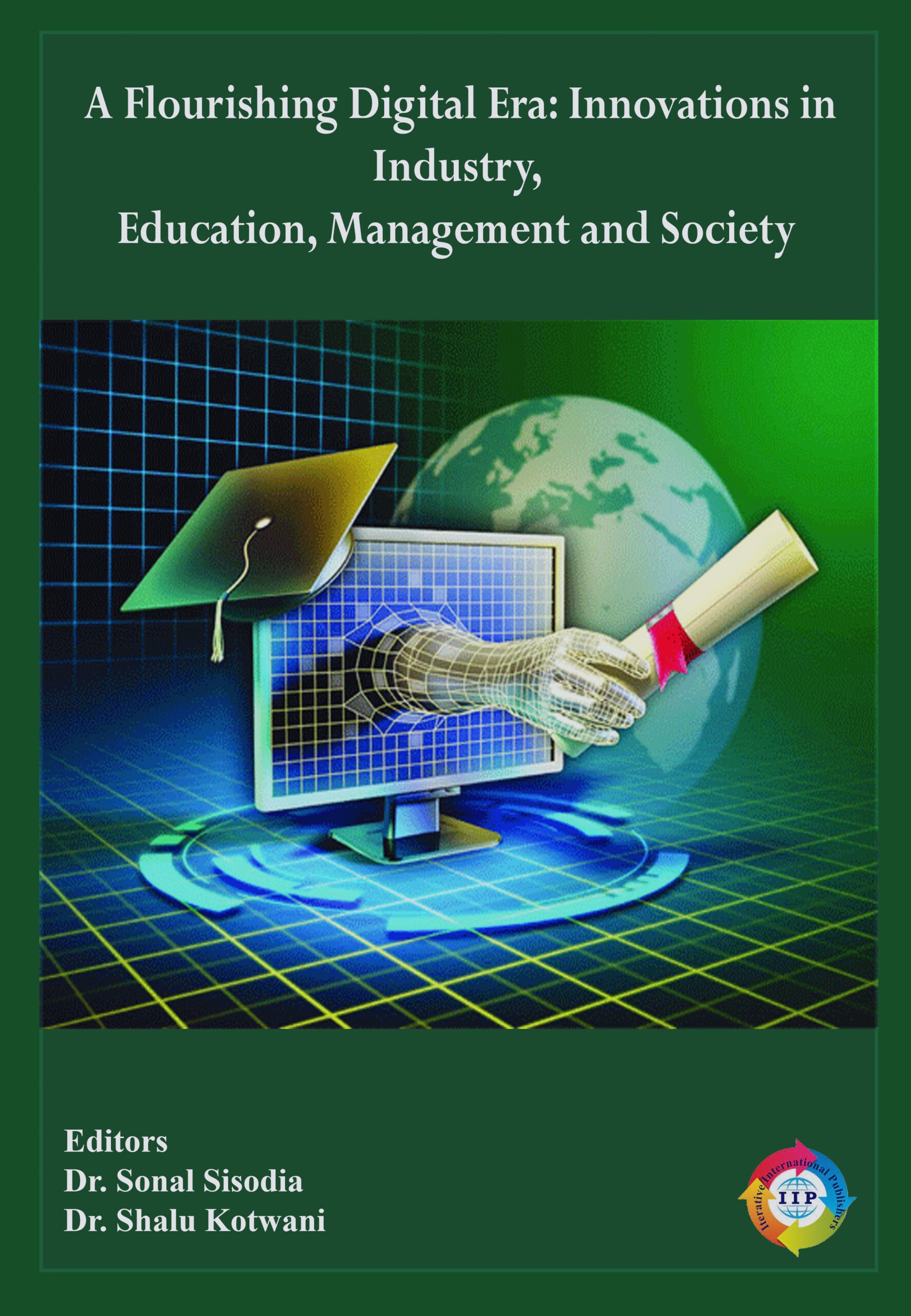
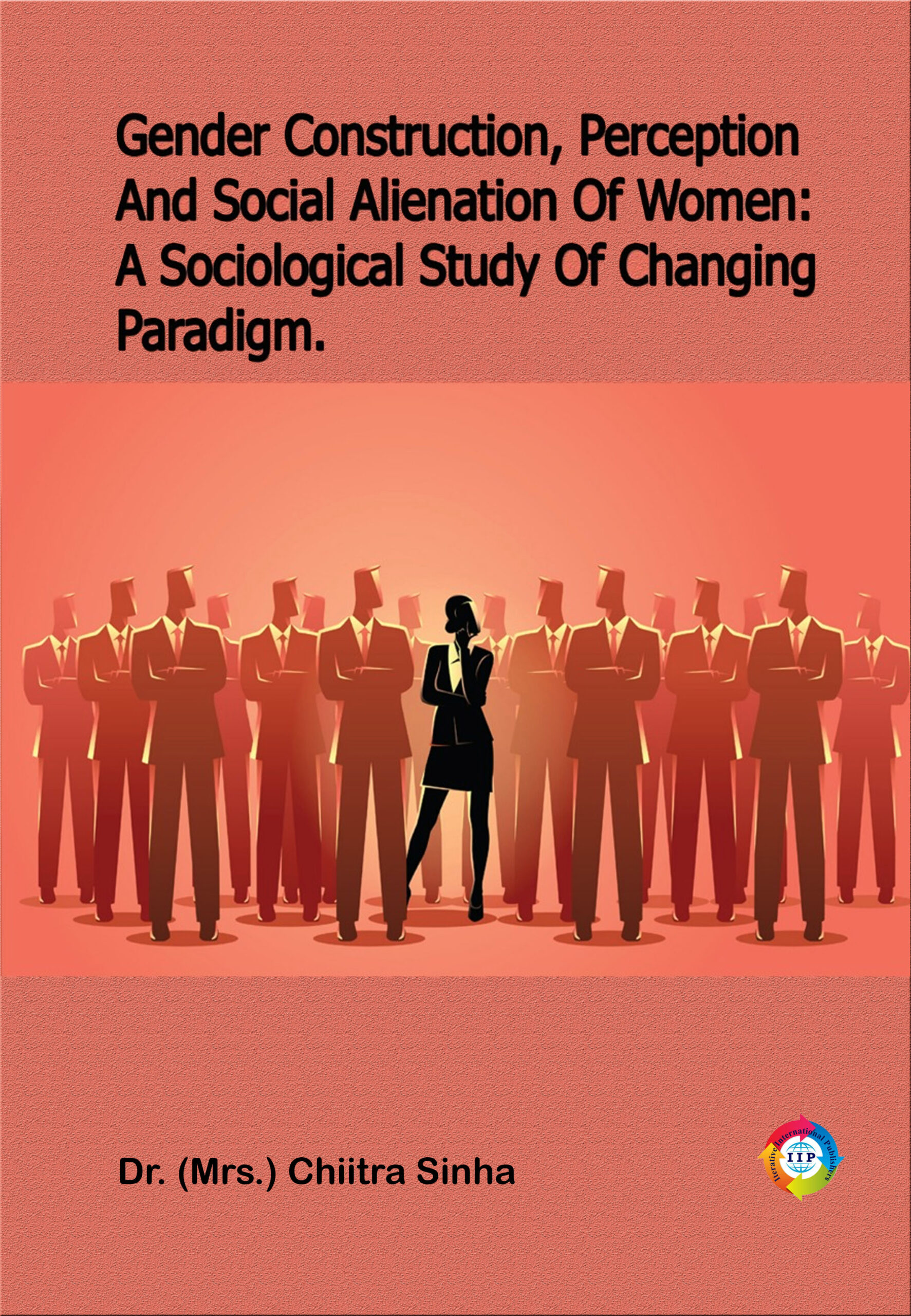

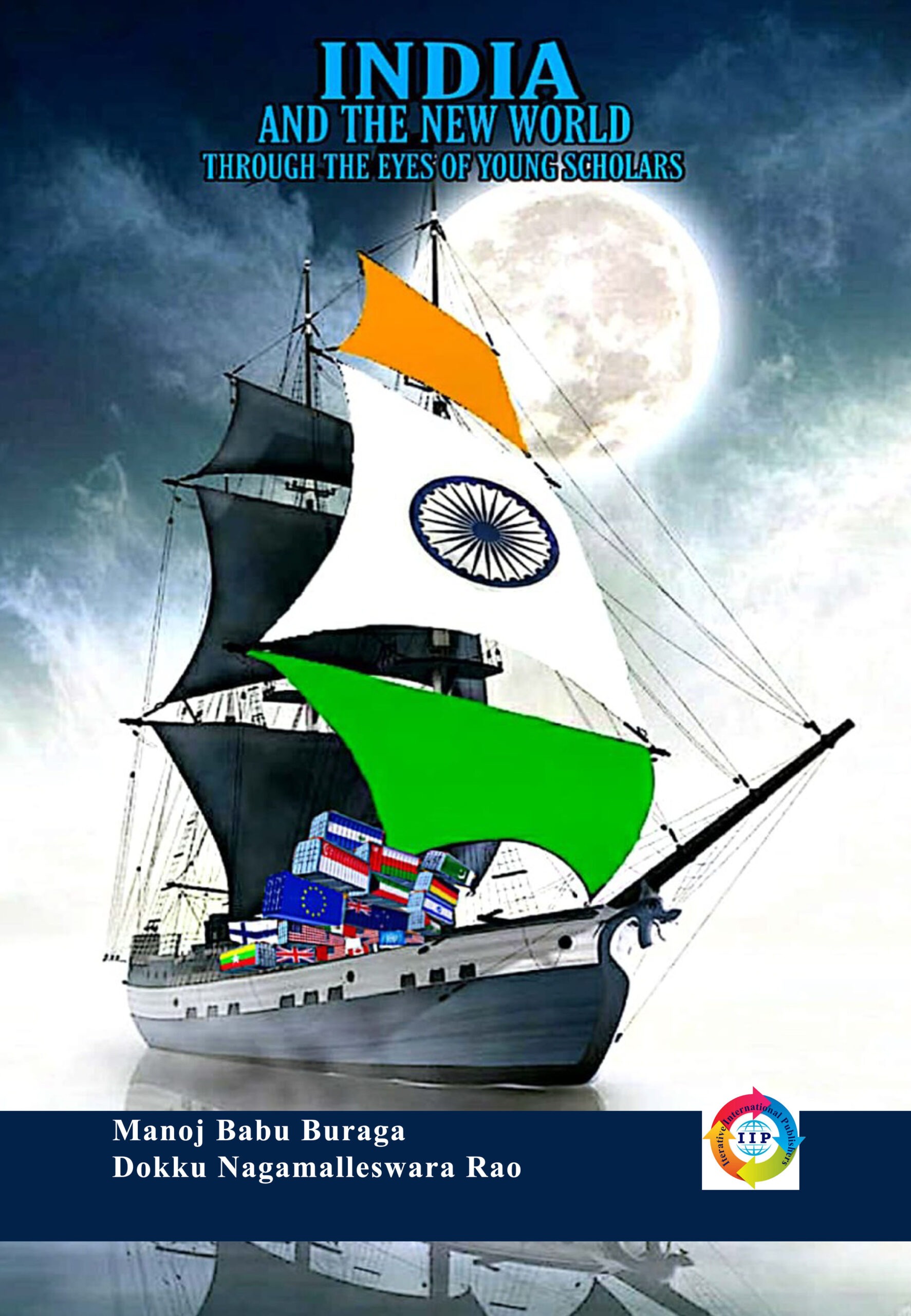

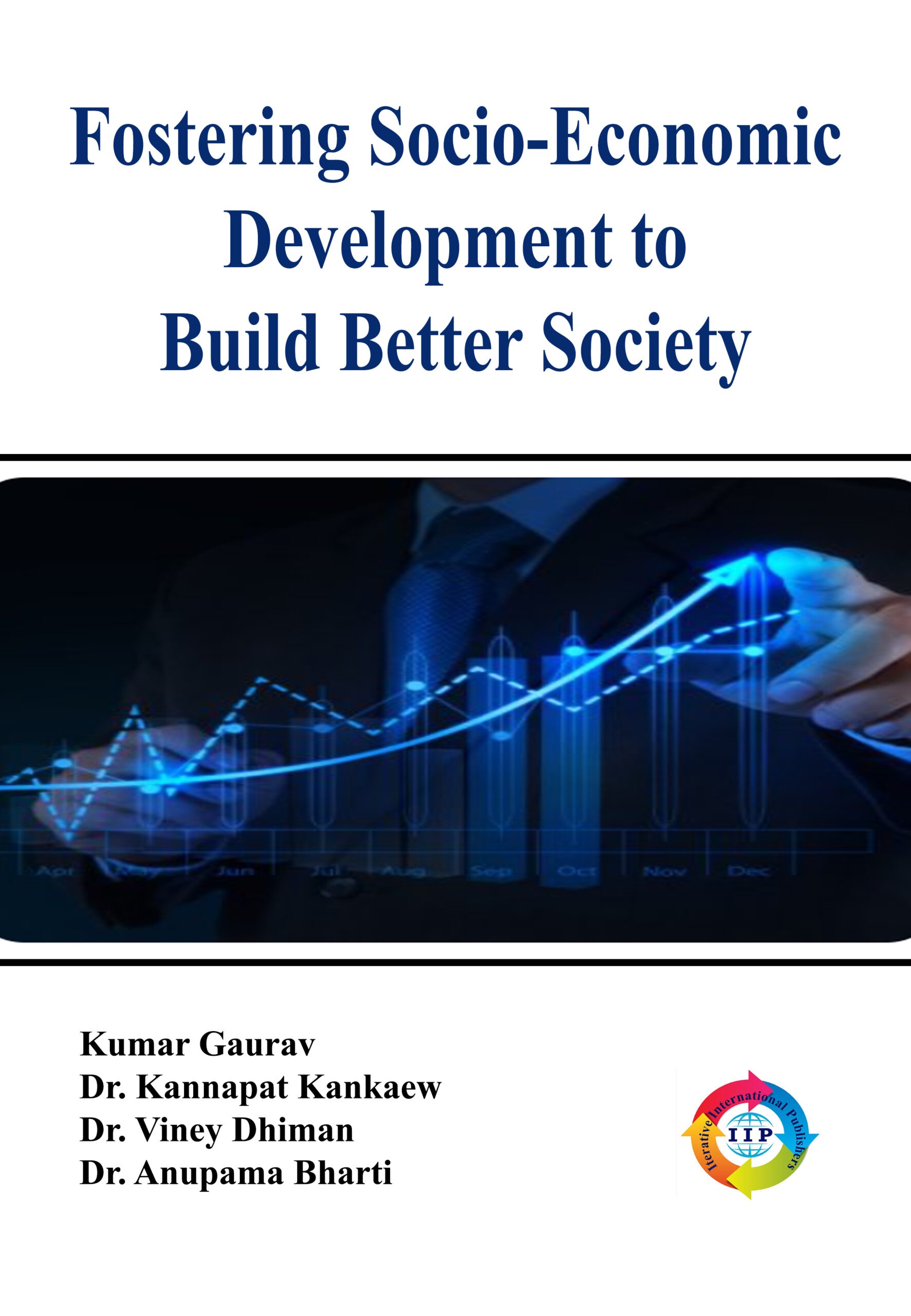

Reviews
There are no reviews yet.